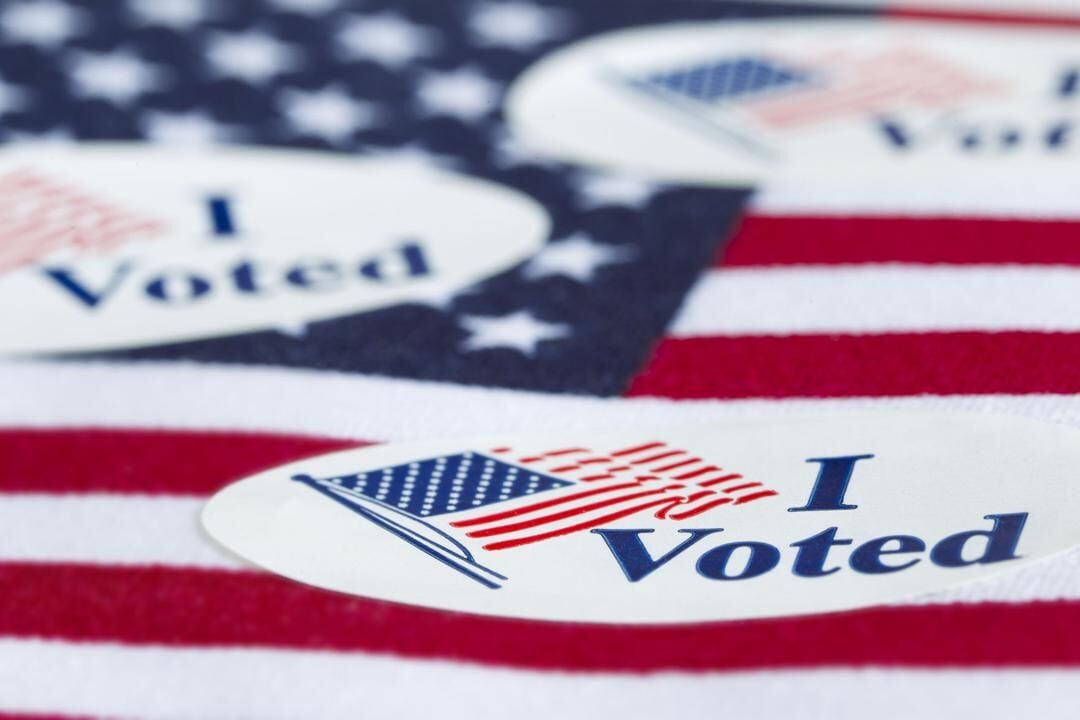PHOENIX — The names of election workers who review the signatures on ballot envelopes can be kept from the public, a judge ruled Thursday.
We The People, an organization that has aligned itself with Kari Lake, a current U.S. Senate candidate, had sought the information from Maricopa County going back to January 2020. The group said it wanted to conduct further investigations given how quickly it said some signatures were verified.
In a five-page ruling, Maricopa County Superior Court Judge Scott Blaney said that such information is generally considered a public record. But he said that presumption can be overridden if there is a legitimate public interest.
And in this case, he said, there was credible evidence of threats or harassment of workers. And that, said Blaney, trumps the public’s right to know.
Much of what is behind the request goes back to efforts by Lake to overturn her 2022 election loss in the governor’s race to Katie Hobbs.
One of her witnesses she called in her own case said about 274,000 signatures on early ballots were compared to samples in less than three seconds, with about 70,000 in two seconds or less. So far, though, courts have thrown out all of Lake’s challenges, even ruling the evidence of the time taken to be legally irrelevant.
Blaney said We The People, in its own action filed in April 2023, submitted evidence that some signature verifiers worked remotely from their homes during recent elections. And the group argued that the rapid pace, coupled with some confirming 100% of their signatures were valid, was highly improbable.
What getting their names would do, the group argued, would allow the workers to be interviewed about their training and procedures.
Maricopa County Recorder Stephen Richer agreed to provide the names of managers and those higher in the organization. But he refused to identify the lower-level employees, saying it could expose employees to harassment and threats.
“The public has a right to inspect public records,’’ Blaney wrote. He said anyone rejecting such a request has to demonstrate specifically how production would “violate rights of privacy or confidentiality or be detrimental to the bests interests of the state.’’
That, said Blaney, is the case here, saying there was “credible, uncontested, sworn testimony’’ from two defense witnesses — Richer and Krisi Passarelli, former assistant director on the office — of “alarming threats that they personally received arising from their positions and activities in the Recorder’s Office.’’ And the judge noted that at the time of the hearing the U.S. Department of Justice had already charged three individuals for their threats to Richer and one had pleaded guilty.
Blaney said there was other evidence of security concerns, including a new black fence outside the facility, the addition of drones to surveil the area, snipers on the roof, more security guards and the installation of bullet-proof glass.
“It is not reasonable to assume that the Recorder’s Office would take such extreme measures if the threats had not been as frequent, intense, and alarming as the defense alleged,’’ the judge wrote.
Then there was the concern that threats would have a chilling effect on Richer’s ability to recruit and retain employees.
“The Recorder’s Office could not accomplish its critical mission without sufficient temporary workers,’’ Blaney wrote. “These concerns outweigh the public’s right to know the identities of these lower level, non-managerial employees.’’
He noted that Richer had offered to provide unique identification numbers for each of the workers. While that would not open them up to the interviews that We The People wanted, it would allow their data to be tracked.
A message to We The People was not immediately returned.
Richer lost his bid for reelection in the Republican primary to Rep. Justin Heap who now will face off in November against Democrat Tim Stringham.





